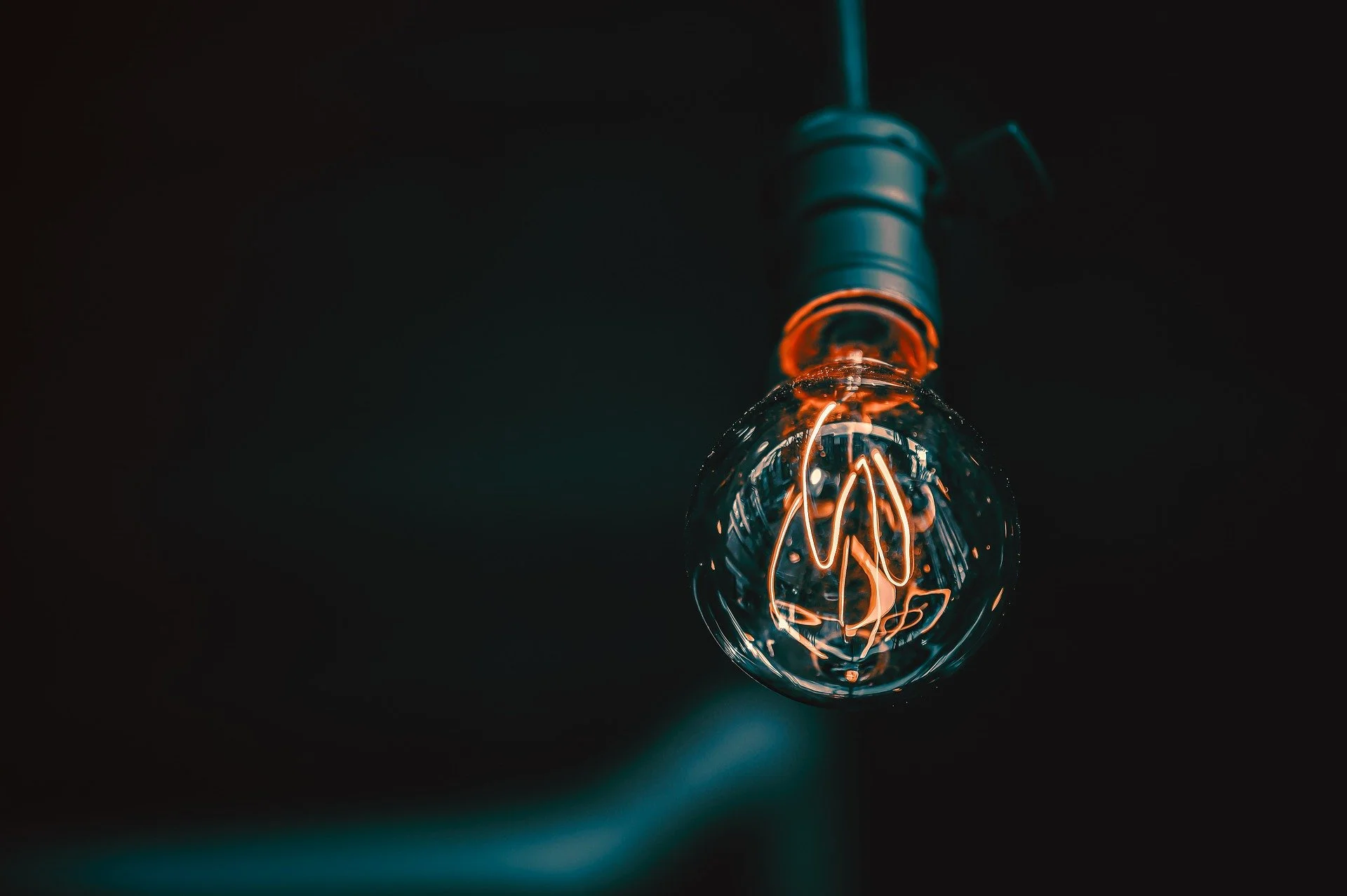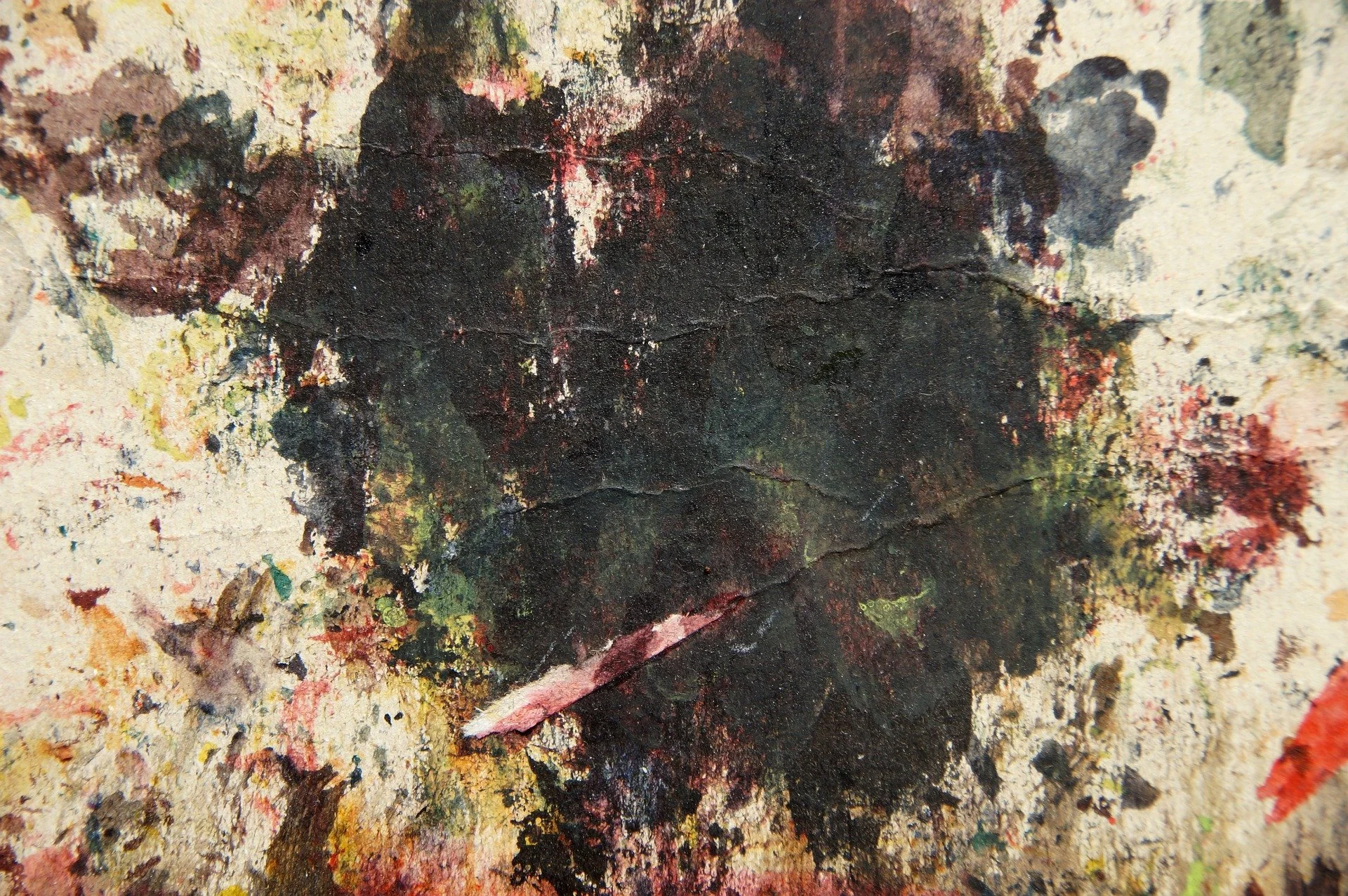ADDing to your worries
So.
I got told I probably have ADD (well, Predominantly Inattentive ADHD but I’m too lazy to write that, except that I just did, bask in my sense of humour now). That’s right. I got told. By a doctor, yes, but just told nonetheless. It’s only a tiny blip in one of my appointment records, a few sentences in our conversation. There’s no official diagnosis with a cool little ICD code, instead there’s just a few words somewhere in the depths of my records. But don’t get me wrong, this is not a complaint, I’m actually glad. You see, apparently my neurodivergent symptoms are not severe enough to impair my everyday life to the extent where the YTHS guidelines would require a referral to neuropsychiatric treatment (or something equally bureaucracy-flavoured), but my doctor nonetheless took the time to look me in the eye and tell me I’m on the neurodivergent spectrum, that even though I won’t be going to the neuropsychiatric department, I’m still on that spectrum, and allowed to be and say so.
And guys, gals, and nonbinary pals, it was great. To hear a professional actually say the words that have haunted the back of my head for a long time felt like vindication, like validation. It’s not like I was gunning for a diagnosis, but the eventual relief and comfort at being seen, being heard and understood, I gotta tell you, it was something else. No matter how many times people had told me to look into this stuff before, it was this single moment that made it real and valid and gave me words to use without feeling like an imposter or a hypochondriac.
But, well, the thing is that for some reason I apparently keep gathering fancy acronym diagnoses like they’re the Chaos Emeralds. Not everyone is like that. I’m sure everyone reading this has run into at least one video where a 20-something white guy insults TikTokers for self-diagnosing themselves with everything between heaven and earth with the highest authority validating them being WedMD or a Quotev quiz. I get it, it can be pretty funny, extremely cringe and somewhat entertaining to watch these videos. But the thing here is that self-diagnosis should not be invalidated because of a few teens trying to figure themselves out and maybe not going about it the best way possible. Seriously.
Let me preface this by saying that I believe in factual diagnoses and actual evidence. This article can seem like I’m setting a low bar on self-diagnosis or that I’m invalidating people with actual diagnoses and symptoms by saying that we should take everyone at face value. I’m not saying that, but I simply want to point out that self-diagnosis is not always invalid, paranoid, attention-seeking or what have you. It can be a genuine, earnest and even factual statement that simply hasn’t been given an official label. I sincerely recommend consulting a doctor if you believe you’re afflicted with something. They are professionals and can actually verify your thoughts or give you another explanation. But you are entitled to your own thoughts and beliefs as well.
Similar to allergies, people tend to be pretty aware of themselves in the mental department as well. I don’t need to pay an allergist to find out that cats causing my nose to itch, throat to swell and my skin to break out in hives isn’t exactly normal, just like I didn’t need a doctor telling me that my long-time depressive symptoms mean I have depression. But I wanted the diagnosis, I needed the professional validation to feel secure in my own skin. Not everyone does. Sometimes people look inwards, understand themselves and face the outside world with surety of themselves and who they are, no extra hands or words needed. And we shouldn’t immediately assume that someone without a note on their medical chart is a liar, or just faking it, or looking for attention, or misdiagnosing. Sometimes the only person they need to be certain is themselves, and they can reach peace of mind by themselves. Or hell, maybe they don’t want to go to the doctor’s for another reason, or can’t. But that doesn’t invalidate them as people or in any way give someone the right to dismiss their symptoms or wellbeing as being invalid or irrelevant. A person is just as depressed, anxious or bipolar before getting the official diagnosis as they are after getting it. The only thing that changes is that a professional now agrees. Nobody becomes depressed upon being diagnosed as being depressed, but unfortunately it seems that is when you actually become visible.
And look, this is in no way me telling you not to get professional help if you believe you have mental, neurological or physical issues. Again, you really, really should. Like, seriously. A professional can give you advice and treatment you might not be able to find or access on your own, and when it comes to your health, mental or physical, take all the help you can get to keep yourself safe and healthy. Furthermore, many services, benefits or adjustments will only be made available if you have a medical diagnosis to prevent people taking advantage. But I don’t think it’s fair to act as if someone only becomes something once they get a diagnosis and only start accommodating their needs afterwards. We’re all valid as people and deserve to be treated with respect and dignity and be accommodated to. If you can’t afford people the basic respect of allowing them to be who they feel they are, then you shouldn’t demand they do the reverse, either.





